'Obviously, this has been done to give an exit route to some accused.'
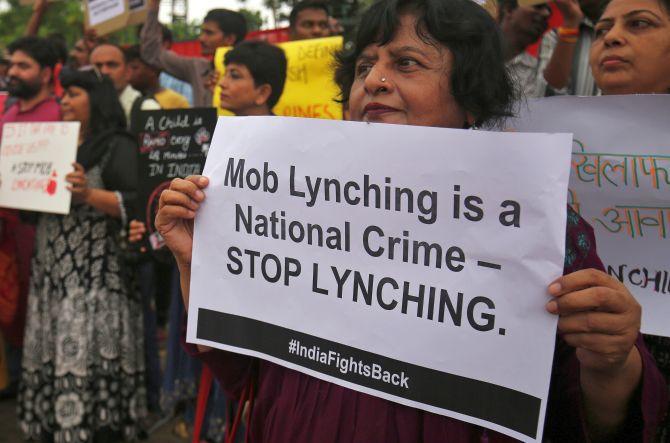
Supreme Court Senior Advocate Rebecca John discusses the new criminal law bill, which was introduced in Parliament last week, with Rediff.com Senior Contributor Jyoti Punwani. The first of a two-part interview:
Can you comment on the new criminal law bill introduced in Parliament on the last day of its session? What will be its effects?
I'm still reading it. It's going to cause a lot of inconvenience to lawyers, courts and all stakeholders. You spend a lifetime quoting provisions and suddenly there are unnecessary changes to the structure of these statutes in a way that is neither creative, nor imaginative.
Were you part of the consultation held on this?
Suggestions were taken online from lawyers and other stakeholders, I too responded to the questionnaires sent by the core group that had been convened to look at the need for amendments.
I can see that they've amalgamated several IPC offenses into one offence. For example if you were to look at the offence for cheating. Currently, Sections 415-420 IPC (Indian Penal Code) deal with cheating. The offences range from less aggravated to more aggravated crimes. Now, they've been merged into one section, which is not the smartest thing to do.
Some housekeeping exercise has been done and offences of the same genre have been put together, like crimes against women.
But, the devil is in the details. They've introduced lynching as an offence, putting it under the section on murder. However, with regard to punishments, one would have imagined that as death was caused it would be punished in the same way as the offence of murder.
But for lynching the punishment varies from death to life imprisonment to imprisonment not less than 7 years. How can lynching defined as murder be punishable by seven years? Obviously, and I'm making a political point here, this has been done to give an exit route to some accused.
Also, sedition has not been thrown out; it appears in another form.
There are many provisions which deal with terrorism and organised crime which form part of special statutes like UAPA and MCOCA. This overlap is very problematic and will, I'm sure, be challenged.
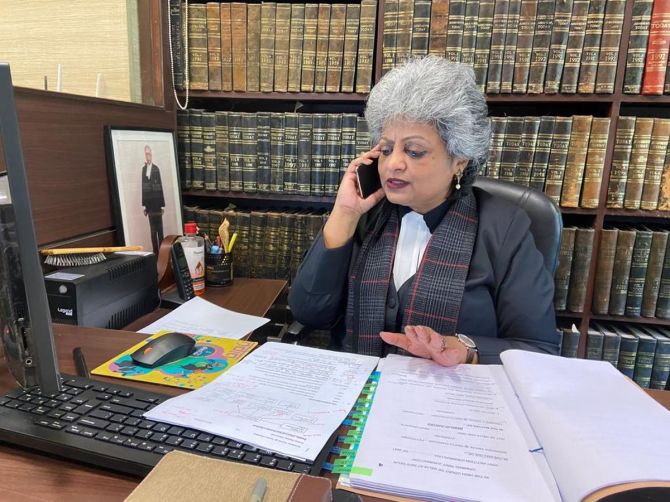
It's just a completely unnecessary exercise and will cause more problems than benefit. Many of the provisions relating to speedy trial are unenforceable given the huge backlog of cases and the skewed Judge-Case ratio in India.
Unless something is done to fix that first, these provisions will make no effective difference on the ground.
And the names given to the new codes are such tongue-twisters. Who in the South or the East will be able to pronounce them? If you want to get rid of colonial laws, simplify them and make them more accessible. You may have done just the reverse.
- Part II of the Interview: 'Supreme Court judgment has far reaching consequences'
Feature Presentation: Aslam Hunani/Rediff.com








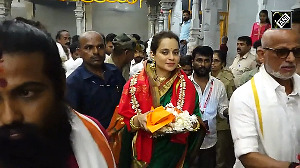
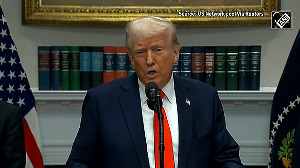
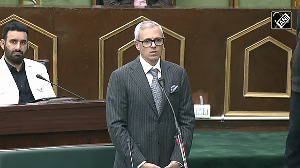
 © 2025
© 2025